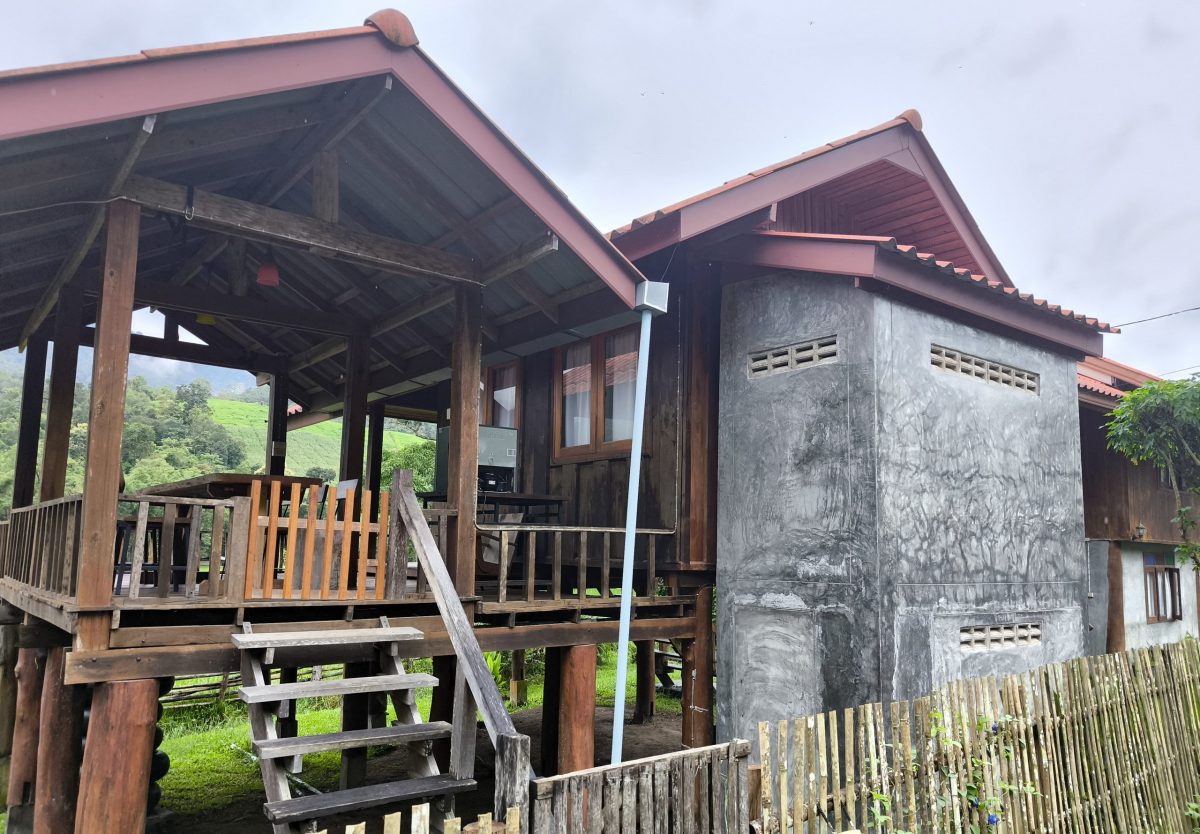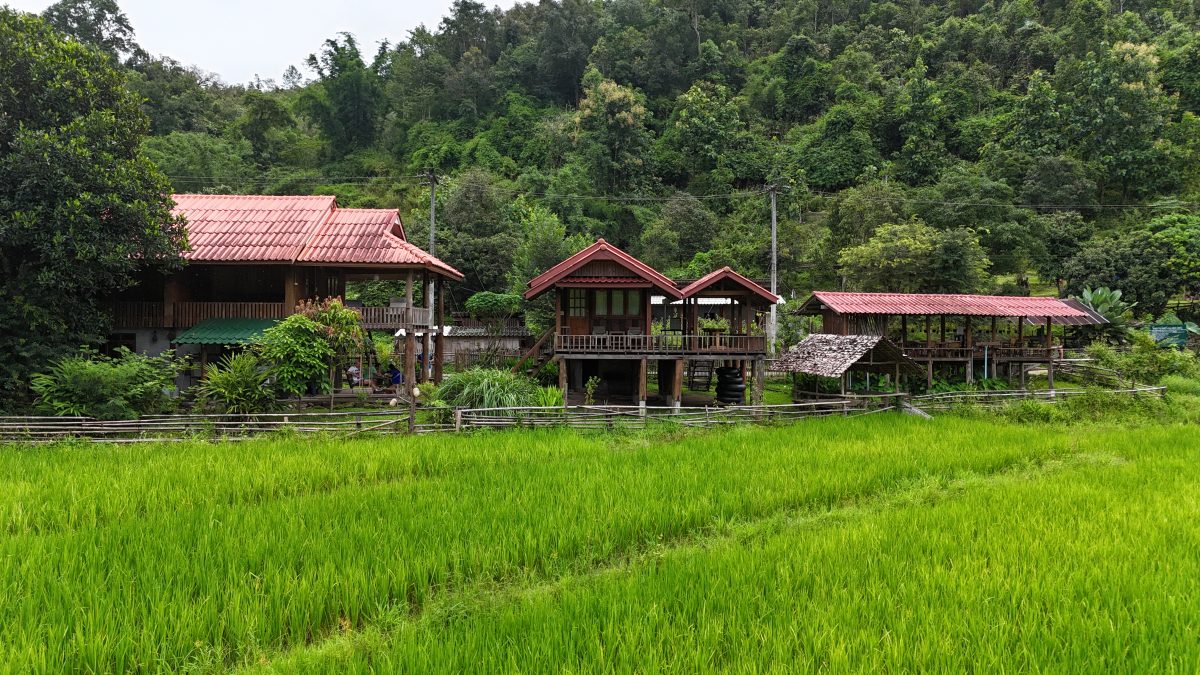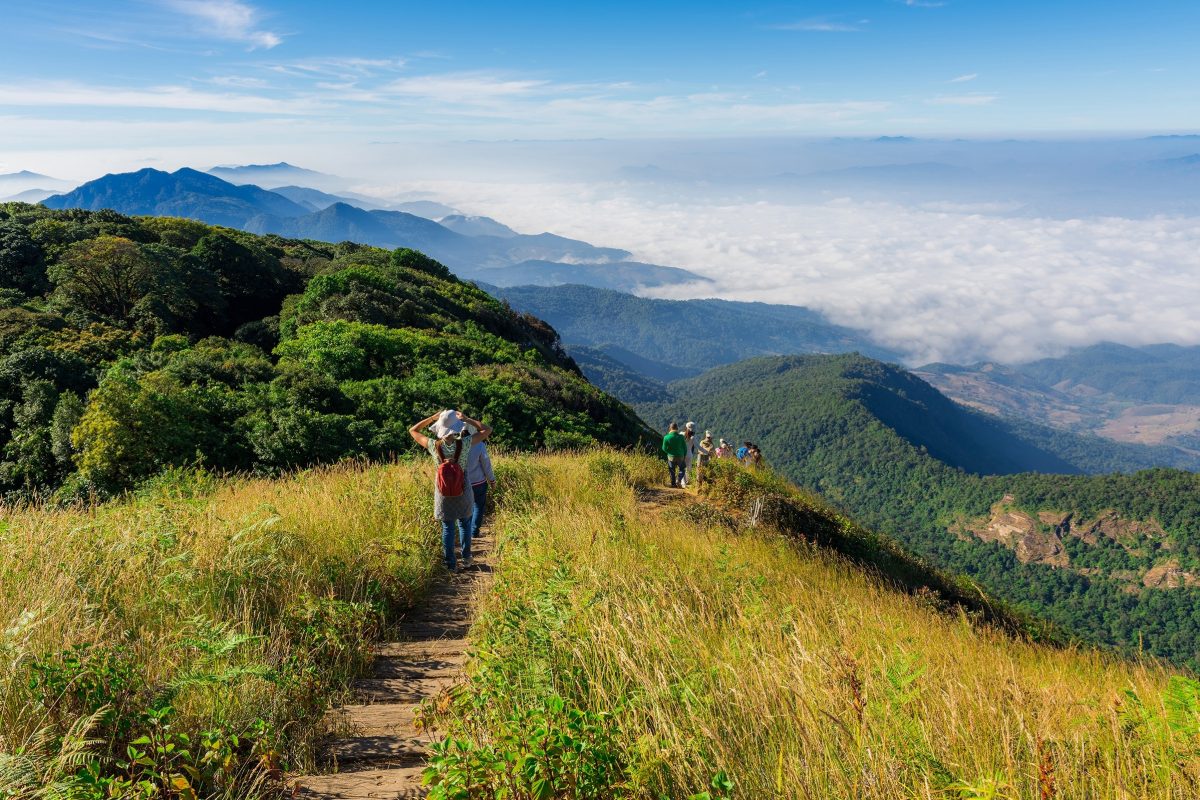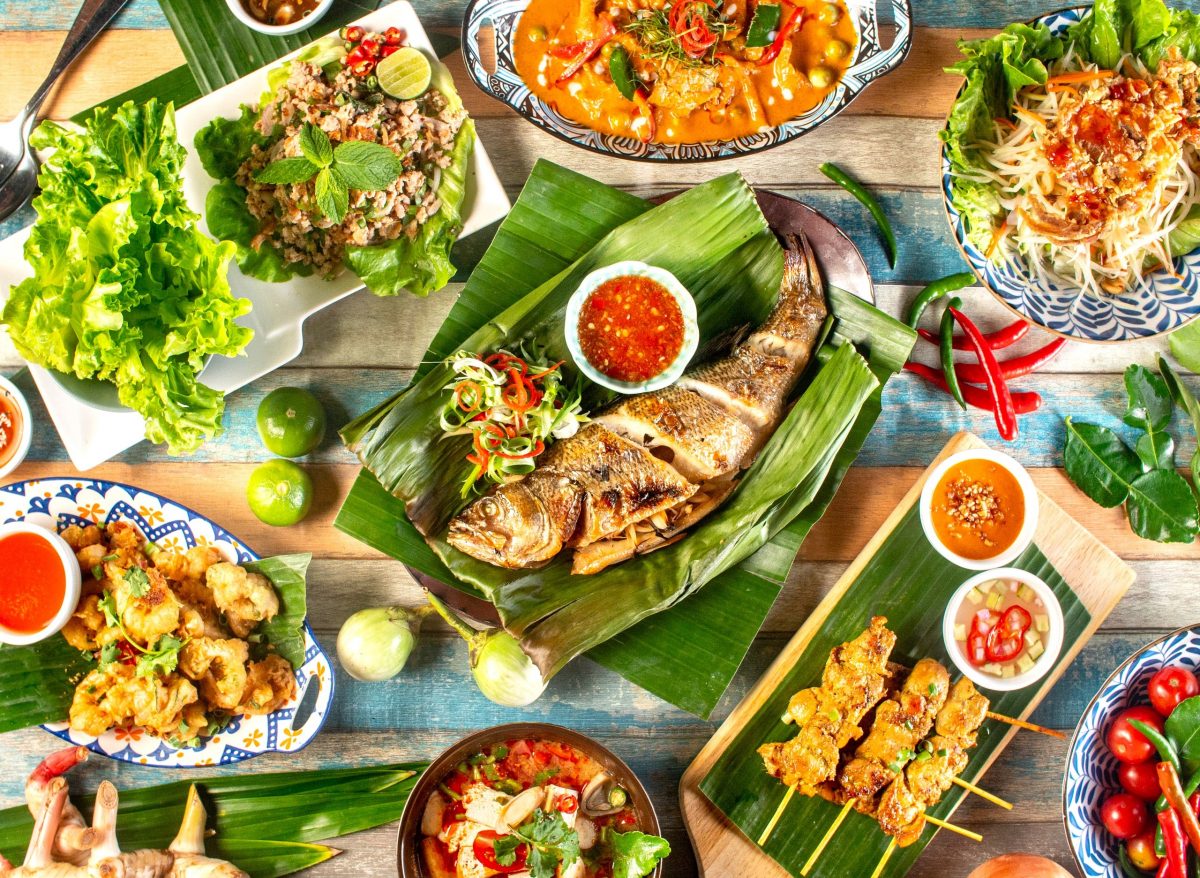



Thailand unfolds like a poem in four voices.
In the South, islands follow one another, turquoise waters and karst cliffs rising like cathedrals. A longtail boat slips between two secret coves, sand crunches underfoot, and by evening the sunsets paint the sea in gold and rose.
Further north, the North breathes serenity. Morning mists linger on the hills, tropical forests murmur, and temple chants roll like a prayer. In Chiang Mai and Chiang Rai, artisans shape the soul of the mountains, lanterns ready to rise.
To the east, Isan tells a simple, proud life: endless rice fields, the lazy Mekong skirting villages, ancient Khmer temples lost in the light. You share a meal, a smile, and sometimes an evening to the sound of mor lam — music that quickens the heart.
And then Bangkok. Electric energy, street-food markets scented with basil and chilli, klongs where boats drift, rooftop terraces gazing at the city as it sparkles. Here, tradition and future walk hand in hand.
One country, a thousand journeys. Choose the one that’s yours.
Planning your trip to Thailand and still have a few questions? That’s perfectly normal! Between formalities, health, weather and local customs, travelling abroad often raises many queries. This section is designed to guide you step by step and clear up any doubts before you set off.
Here you’ll find answers to the questions travellers ask most often: visa, safety, currency, transport and appropriate behaviour. Our aim is to help you set off with peace of mind, well informed and ready to make the most of this exceptional destination. And if any question remains unanswered, our team is here to help!
Yes. For example, French travellers to Thailand must complete an online entry form (e-Arrival Card) No later than 78 hours before arrival. A passport valid for at least 6 months is also required.
We recommend checking official embassy or government websites for the latest visa, health, and safety requirements.
For stays under 30 days, French nationals don’t need a visa. Longer stays require one.
None are mandatory, but vaccines for hepatitis A, typhoid, rabies, and dengue are recommended depending on the area.
November to the end of March (dry season).
Shoulders and legs must be covered when visiting temples. Sarongs are often provided at entrances.
Yes, with an international license. Helmets are mandatory.
The currency is the Thai baht (THB). Cards are accepted at many hotels, restaurants and tourist sites, but always carry some cash for small purchases and tips. ATMs are available; bank fees may apply. At the terminal, decline Dynamic Currency Conversion (DCC) to keep your bank’s rate.
Yes, you can buy a local SIM (passport required) or an eSIM. Main providers: AIS, TrueMove H, dtac. Coverage is generally good in tourist areas; more variable in mountains/jungle. WhatsApp is widely used.
Best avoided. Choose sealed bottled water (or boiled/treated). Avoid ice unless you trust the source. Hot drinks are fine if the water has boiled. Be cautious with raw salads; prefer peelable fruit.
Thailand is generally safe, but stay alert in very touristy areas. Be wary of ultra-cheap tuk-tuks, forced stops at “gem” shops, or the classic “the temple is closed” line. Use official taxis or PHV, keep belongings close, and never hand over your passport as security.